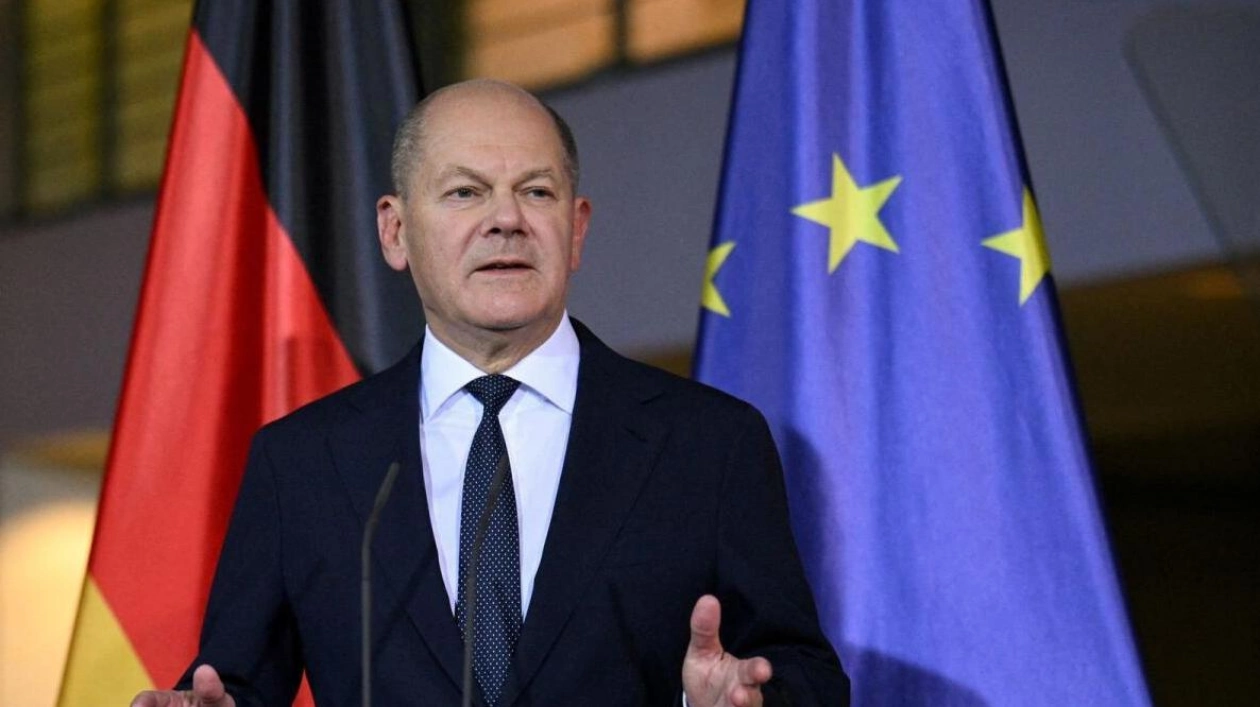German Chancellor Olaf Scholz faced mounting pressure from the conservative opposition on Thursday, as they demanded a swift confidence vote to pave the way for early elections, rather than waiting until next year. Christian Democrats (CDU) leader Friedrich Merz called for the move after Scholz's three-party coalition collapsed on Wednesday, coinciding with the news of Donald Trump's return to the White House.
Merz, whose center-right alliance with the Bavarian sister party CSU is leading in opinion polls, declared that Scholz's coalition with the Greens and the Free Democrats had 'failed.' The coalition's disintegration followed months of internal strife, culminating in the chancellor's dismissal of his rebellious finance minister, Christian Lindner, from the Free Democrats (FDP).
The abrupt move leaves Scholz's Social Democrats and the Greens in a precarious minority government, requiring support from Merz's party on a case-by-case basis. Scholz announced plans to seek a confidence vote by January 15, allowing lawmakers to decide on early elections by March, more than half a year ahead of the scheduled September vote.
However, Merz insisted on an immediate confidence vote to expedite elections as early as January, arguing that 'the decision taken last night... is the end of the coalition government and thus the end of this legislative period.' His demand came ahead of expected talks with Scholz and German President Frank-Walter Steinmeier, who urged 'reason and responsibility' from all sides.
The political turmoil in Germany coincides with significant geopolitical challenges, including the Ukraine-Russia conflict and the Middle East crisis, both of which are impacted by the US election outcome. Despite the uncertainty, NATO chief Mark Rutte expressed confidence in Germany's continued role on the world stage, particularly in defense and foreign policy.
Domestically, Scholz has appointed Joerg Kukies, a party ally and finance expert, as the new finance minister to bolster his depleted cabinet. Meanwhile, Transport Minister Volker Wissing chose to remain in his post despite his party's departure from the coalition.
The FDP had long disagreed with the SPD and the Greens on budgetary and economic issues, leading to the coalition's collapse. Scholz criticized the ousted finance minister for his 'petty political tactics' and 'completely incomprehensible' egoism, emphasizing the need for clarity on financing security and defense without jeopardizing national cohesion.
Source link: https://www.khaleejtimes.com






